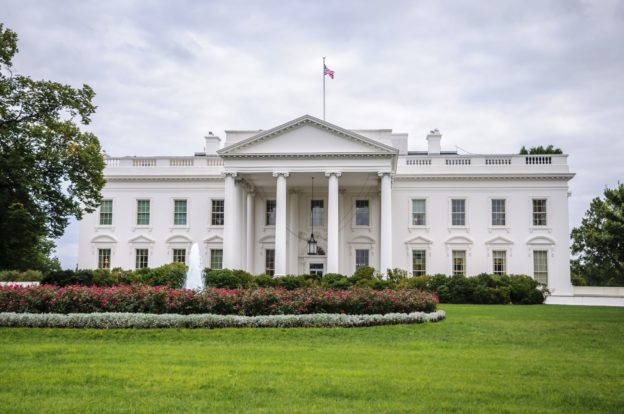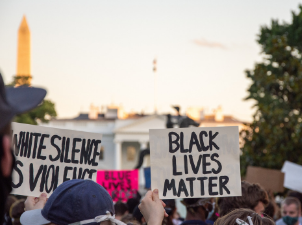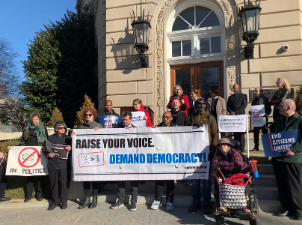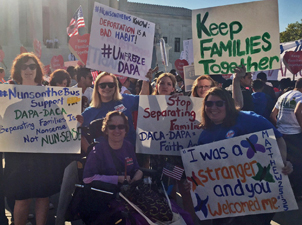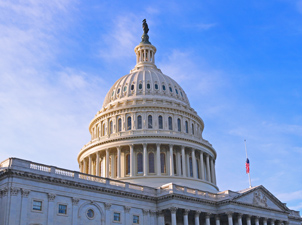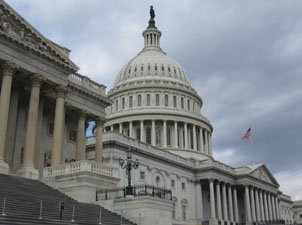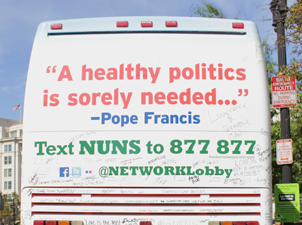
Investing in Housing Infrastructure Answers Gospel Call
Jarrett Smith
June 9, 2021
I will also appoint for a place for my people, and will plant them, that they may live in their own place and not be disturbed again, nor will the wicked afflict them anymore as formerly.
2 Samuel 7:10
On January 20, 2021, President Biden was elected as the President of the United States of America. As a practicing Catholic, Biden understands God’s call to pursue justice, and help amplify the power of the oppressed. For many, the Biden/Harris administration offers hope, especially when it comes to relief for basic human needs. A place to call home is a right ordained in scripture.
Here at NETWORK Lobby, specific policy goals on the topic of eradicating racism must be part of President Biden’s housing infrastructure proposal. NETWORK would like to see the following included as part of the foundation of President Biden’s American Jobs Plan:
-
- Bridging the gap between incomes and housing costs by expanding rental voucher assistance to every eligible household. Currently, only 1 in 4 families eligible for rental assistance receives it;
- Providing at least $70 billion to start increasing the supply and renovating existing rental housing; There is no state or congressional district in America with enough affordable homes for families with the lowest incomes.
According to researchers at Columbia University, universal housing vouchers would cut child poverty by 36 percent. This policy proposal is a once-in-a-lifetime opportunity to cut child poverty by one-third. Only government elected officials can make these decisions.
NETWORK believes that even the lowest-earning household or individual should have a place to call home. Housing is a human right, and we can no longer allow federal policy to get in the way of this goal. A change in housing policy must happen today. Homelessness is almost always a remnant of racial inequity. And while homelessness is a national crisis, here in Washington D.C. is a place many homeless people of color call home. We must eliminate racial disparities in housing on all levels.
NETWORK’s Build Anew cornerstone of “rooting our economy in solidarity” should be fundamental to future federal housing policy. Housing is the basis for stable economic prosperity. Without owning a place to live, how can contributions be regularly made to society, moreover, how can a person feel secure and accumulate capital? President Biden’s infrastructure housing proposal is an excellent start, and we will advocate for that proposal and further steps as it becomes our nation’s new infrastructure housing reality.







